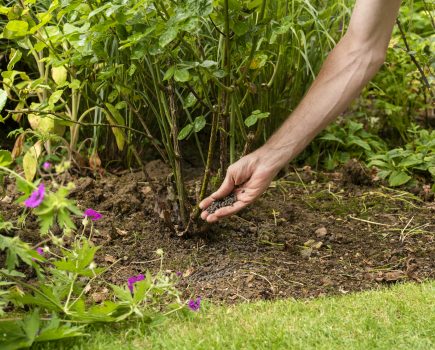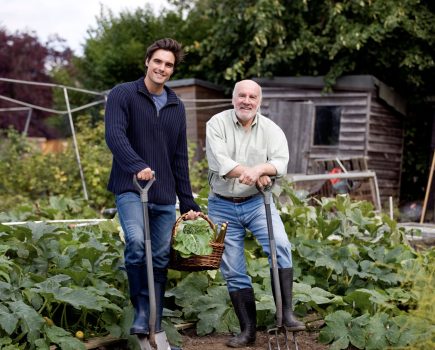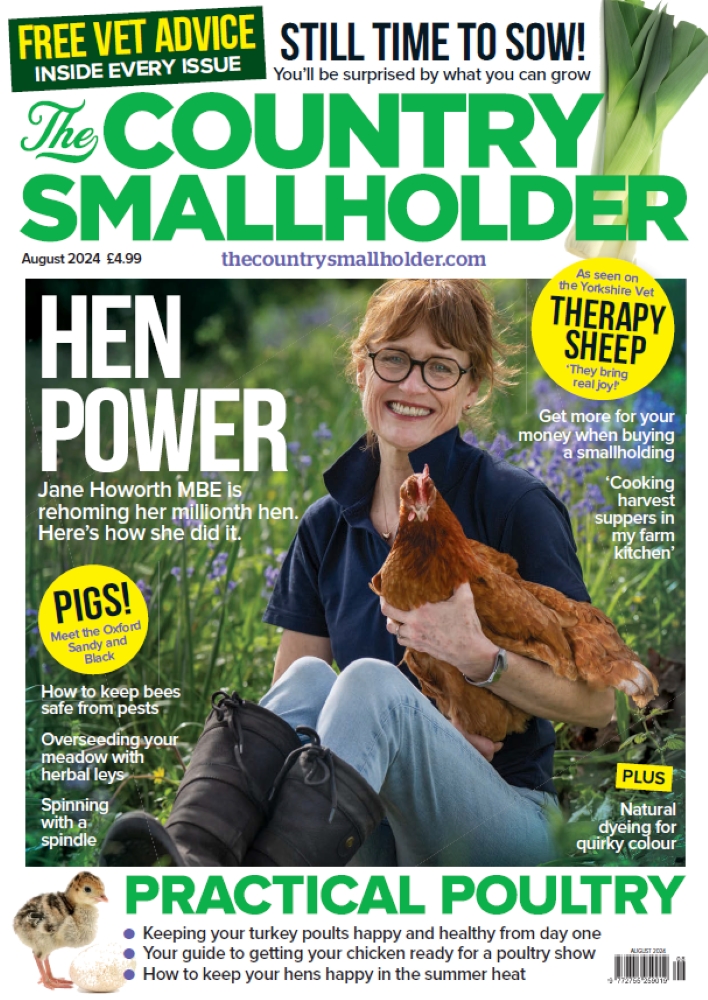Livestock can really struggle in extreme weather. Make sure you know how to care for them, says Lisa Mancell of feed supplier Farmgate
Livestock can really struggle in extreme weather. Make sure you know how to care for them, says Lisa Mancell of feed supplier Farmgate Another year will soon be drawing to a close. I can gladly say we haven’t had the extreme rain or snow of last year … although there’s still time yet! We had a summer-long heatwave, which for me, as a sun worshipper, was fab. Not so good for the animals though. Warmth they like, but it was close to 30C in some parts of the country at one point. Animals can suffer due to heat stress; it can affect reproduction in cattle and, in some cases, losses in your poultry flock. Egg production will drop and there could be reduced egg size, weight and poor shell quality. Cold weather can be detrimental to livestock and poultry as well. If cattle have good winter coats and body condition, with readily available feed and water, they should be able to withstand the winter temperatures. Not always though. At the beginning of October, 100,000 cows in Wyoming froze to death in a freak snowstorm. Luckily for us, this is probably something we’ll never see, but cold weather can affect the smallest number of animals, not just large herds. Adequate food and more roughage in cold weather is a must for cattle. They also need windbreaks to offset the chill. Cows that have lost, or are losing weight, can be susceptible to cold or wet stress. Goats and sheep are quite sustainable to cold temperatures too – it’s the wet and windy weather they don’t like. You will need to provide shelter to keep them out of the wind and rain, ensuring it is well ventilated to avoid problems with ammonia from urine. Sheep that have no proper shelter will also be prone to pneumonia. Goats and sheep will eat more pasture during the winter months; an increase in body heat occurs by keeping their rumens active. Fresh, clean water should be provided for all animals during the cold weather. Drain drinkers at night and refill them in the mornings, clearing off any ice and snow. Make sure food is in adequate supply and check it is not frost or snow covered, cleaning all feeders and drinkers on a daily basis. The welfare of an animal covers many aspects: hunger, home, health, happiness and heart. which are commonly known as the ‘Five Freedoms’. THE FIVE FREEDOMS Freedom from Hunger and Thirst – by ready access to fresh water and a diet to maintain full health and vigour Freedom from Discomfort – by providing an appropriate environment including shelter and a comfortable resting area. Freedom from Pain, Injury or Disease – by prevention or rapid diagnosis and treatment. Freedom to Express Normal Behaviour – by providing sufficient space, proper facilities and company of the animal’s own kind. Freedom from Fear and Distress – by ensuring conditions and treatment which avoid mental suffering. Under the Animal Welfare Act 2006, you have a legal obligation as someone who has poultry or livestock in their care, to ensure that the welfare and needs of your animals are met in accordance with good husbandry. For more information, visit the website: www.farmgatefeeds.co.uk or www.fawc.org.uk Call our Sales Support on 08456 711206 or email Lisa at info@farmgatefeeds.co.uk







